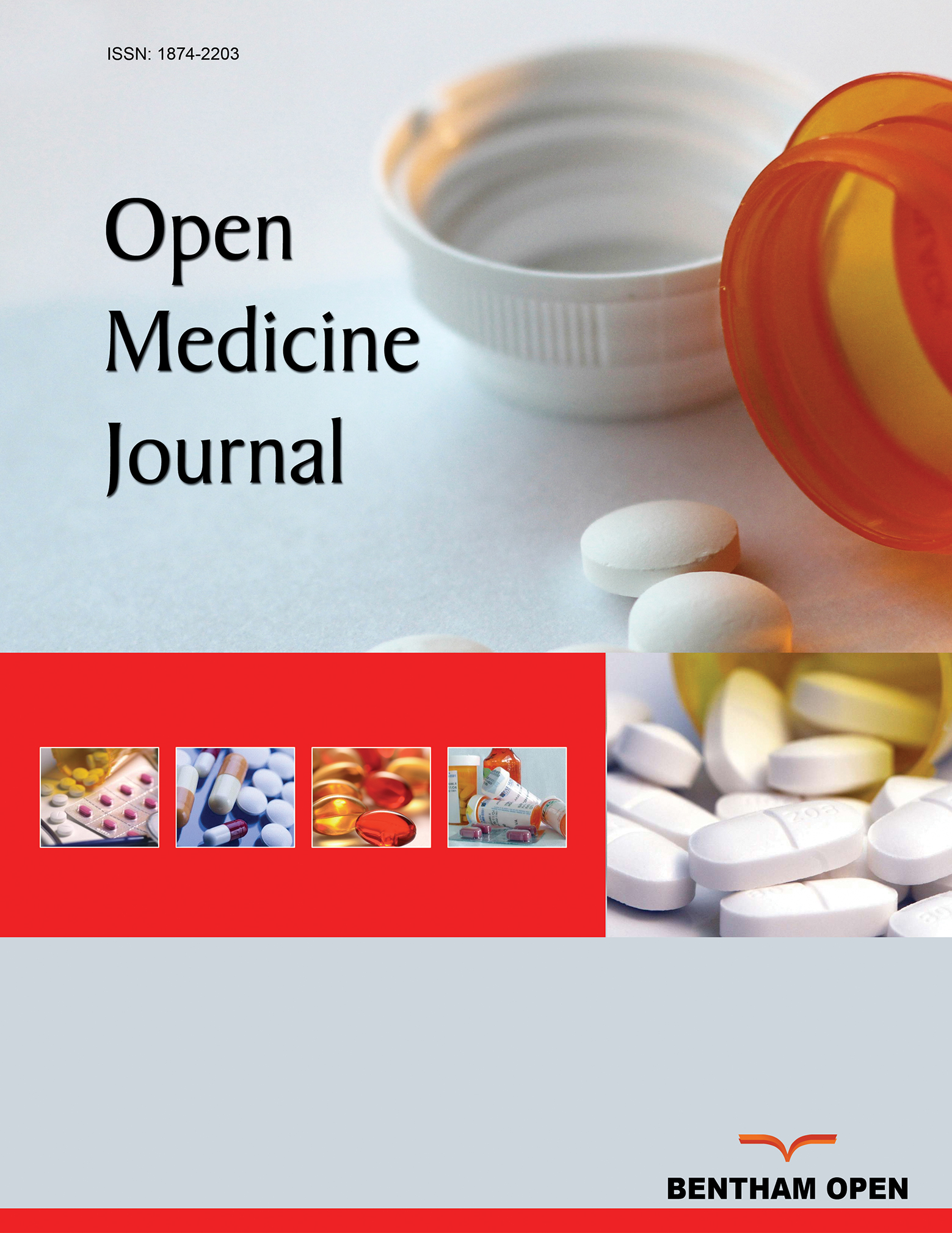A BRCA1 Frame Shift Mutation in Women of Kurdish Jewish Descent
Abstract
Hereditary cancer comprises more than 10% of all breast cancer cases. In patients with a family history suggestive of a hereditary component, a mutation is often identified in the high penetrant genes BRCA1 and BRCA2. Several founder mutations have been detected in some Jewish communities, yet no BRCA1/2 founder mutation had been known in Kurdish Jews. Here, we describe the validation of a 22 hereditary cancer gene panel and a BRCA1 mutation found in 4 women from 2 unrelated Kurdish Jewish families utilizing this gene panel.
A panel spanning the coding sequences of 22 familial cancer-related genes was planned. Genomic DNA was taken to create libraries using this panel, which were then sequenced using the Ion Torrent PGM. The panel's validity in detecting mutations was tested on 25 samples with previously identified point mutations in the BRCA1, BRCA2, MLH1 and PMS2 genes; the panel did not test for large deletions or insertions. All previously identified mutations were detected. Next, a different set of 40 cancer patients of Kurdish Jewish descent diagnosed with cancer before the age of 50 years was tested. We identified the BRCA1 mutation, c.224_227delAAAG (dbSNP ID rs80357697), in 4 women from 2 unrelated Jewish Kurdish families. The probands were diagnosed with cancer at a young age and had significant family history, suggesting a founder mutation in this population. We suggest testing Kurdish Jewish women with a personal or family history of breast and/ or ovarian cancer for this mutation.


